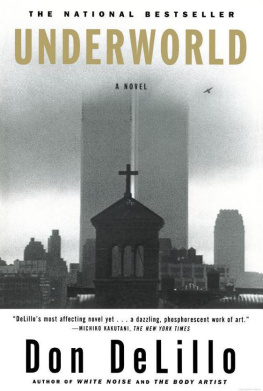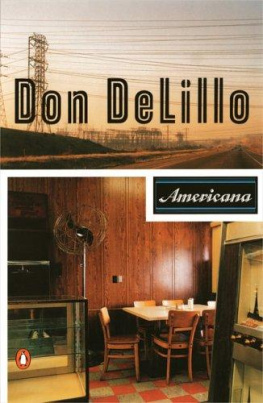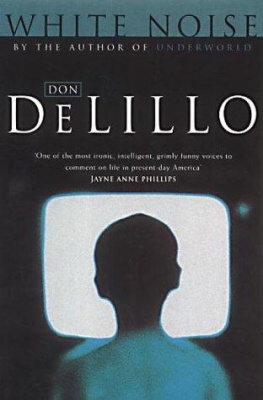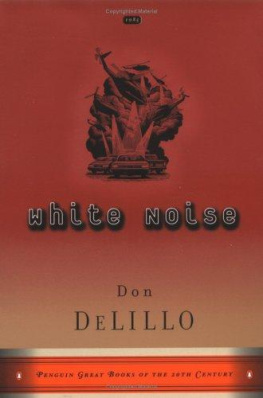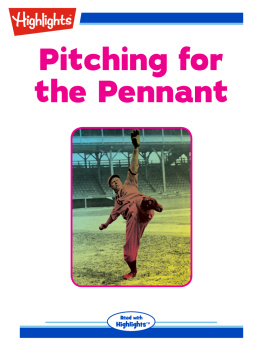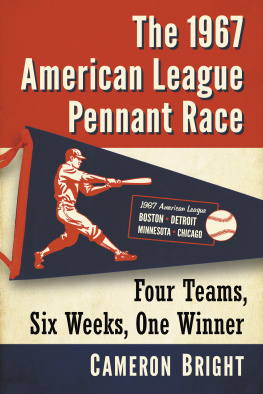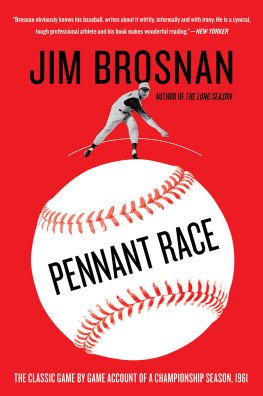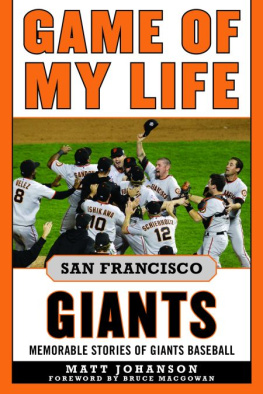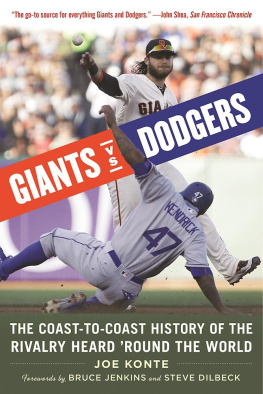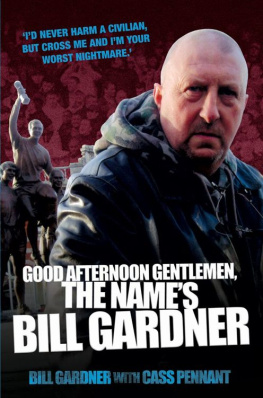Don DeLillo
PAFKO AT THE WALL
a novella
SCRIBNER New York London Toronto
This book is a work of fiction. Names, characters, places, and incidents either are products of the author's imagination or are used fictitiously. Any resemblance to actual events or locales or persons, living or dead, is entirely coincidental.
Copyright 1997 by Don DeLillo
ISBN 0-7432-3000-0
PAFKO AT THE WALL
He speaks in your voice, American, and there's a shine in his eye that's halfway hopeful.
It's a school day, sure, but he's nowhere near the classroom. He wants to be here instead, standing in the shadow of this old rust-hulk of a structure, and it's hard to blame himthis metropolis of steel and concrete and flaky paint and cropped grass and enormous Chesterfield packs aslant on the scoreboards, a couple of cigarettes jutting from each.
Longing on a large scale is what makes history. This is just a kid with a local yearning but he is part of an assembling crowd, anonymous thousands off the buses and trains, people in narrow columns tramping over the swing bridge above the river, and even if they are not a migration or a revolution, some vast shaking of the soul, they bring with them the body heat of a great city and their own small reveries and desperations, the unseen something that haunts the daymen in fedoras and sailors on shore leave, the stray tumble of their thoughts, going to a game.
The sky is low and gray, the roily gray of sliding surf.
He stands at the curbstone with the others. He is the youngest, at fourteen, and you know he's flat broke by the edgy leaning look he hangs on his body. He has never done this before and he doesn't know any of the others and only two or three of them seem to know each other but they can't do this thing singly or in pairs so they have found one another by means of slidy looks that detect the fellow foolhard and here they stand, black kids and white kids up from the subways or off the local Harlem streets, lean shadows, bandidos, fifteen in all, and according to topical legend maybe four will get through for every one that's caught.
They are waiting nervously for the ticket holders to clear the turnstiles, the last loose cluster of fans, the stragglers and loiterers. They watch the late-arriving taxis from downtown and the brilliantined men stepping dapper to the windows, policy bankers and supper club swells and Broadway hotshots, high aura'd, picking lint off their mohair sleeves. They stand at the curb and watch without seeming to look, wearing the sourish air of corner hangabouts. All the hubbub has died down, the pregame babble and swirl, vendors working the jammed sidewalks waving scorecards and pennants and calling out in ancient singsong, scraggy men hustling buttons and caps, all dispersed now, gone to their roomlets in the beaten streets.
They are at the curbstone, waiting. Their eyes are going grim, sending out less light. Somebody takes his hands out of his pockets. They are waiting and then they go, one of them goes, a mick who shouts Geronimo.
There are four turnstiles just beyond the pair of ticket booths. The youngest boy is also the scrawniest, Cotter Martin by name, scrawny tall in a polo shirt and dungarees and trying not to feel doom-struckhe's located near the tail of the rush, running and shouting with the others. You shout because it makes you brave or you want to announce your recklessness. They have made their faces into scream masks, tight-eyed, with stretchable mouths, and they are running hard, trying to funnel themselves through the lanes between the booths, and they bump hips and elbows and keep the shout going. The faces of the ticket sellers hang behind the windows like onions on strings.
Cotter sees the first jumpers go over the bars. Two of them jostle in the air and come down twisted and asprawl. A ticket taker puts a headlock on one of them and his cap comes loose and skims down his back and he reaches for it with a blind swipe and at the same timeeverything's at the same timehe eyes the other hurdlers to keep from getting stepped on. They are running and hurdling. It's a witless form of flight with bodies packed in close and the gate-crashing becoming real. They are jumping too soon or too late and hitting the posts and radial bars, doing cartoon climbs up each other's back, and what kind of stupes must they look like to people at the hot dog stand on the other side of the turnstiles, what kind of awful screwupsa line of mostly men beginning to glance this way, jaws working at the sweaty meat and grease bubbles flurrying on their tongues, the gent at the far end going dead-still except for a hand that produces automatic movement, swabbing on mustard with a brush.
The shout of the motley boys comes banging off the deep concrete.
Cotter thinks he sees a path to the turnstile on the right. He drains himself of everything he does not need to make the jump. Some are still jumping, some are thinking about it, some need a haircut, some have girlfriends in woolly sweaters and the rest have landed in the ruck and are trying to get up and scatter. A couple of stadium cops are rumbling down the ramp. Cotter sheds these elements as they appear, sheds a thousand waves of information hitting on his skin. His gaze is trained on the iron bars projected from the post. He picks up speed and seems to lose his gangliness, the slouchy funk of hormones and unbelonging and all the stammering things that seal his adolescence. He is just a running boy, a half-seen figure from the streets, but the way running reveals some clue to being, the way a runner bares himself to consciousness, this is how the dark-skinned kid seems to open to the world, how the bloodrush of a dozen strides brings him into eloquence.
Then he leaves his feet and is in the air, feeling sleek and unmussed and sort of businesslike, flying in from Kansas City with a briefcase full of bank drafts. His head is tucked, his left leg is clearing the bars. And in one prolonged and aloof and discontinuous instant he sees precisely where he'll land and which way he'll run and even though he knows they will be after him the second he touches ground, even though he'll be in danger for the next several hourswatching left and rightthere is less fear in him now.
He comes down lightly and goes easy-gaiting past the ticket taker groping for his fallen cap and he knows absolutely-knows it all the way, deep as knowing goes, he feels the knowledge start to hammer in his runner's heartthat he is uncatchable.
Here comes a cop in municipal bulk with a gun and cuffs and a flashlight and a billy club all jigging on his belt and a summons pad wadded in his pocket. Cotter gives him a juke step that sends him nearly to his knees and the hot dog eaters bend from the waist to watch the kid veer away in soft acceleration, showing the cop a little finger-wag bye-bye.
He surprises himself this way every so often, doing some gaudy thing that whistles up out of unsuspected whim.
He runs up a shadowed ramp and into a crossweave of girders and pillars and spilling light. He hears the crescendoing last chords of the national anthem and sees the great open horseshoe of the grandstand and that unfolding vision of the grass that always seems to mean he has stepped outside his lifethe rubbed shine that sweeps and bends from the raked dirt of the infield out to the high green fences. It is the excitement of a revealed thing. He runs at quarter speed craning to see the rows of seats, looking for an inconspicuous wedge behind a pillar. He cuts into an aisle in section 35 and walks down into the heat and smell of the massed fans, he walks into the smoke that hangs from the underside of the second deck, he hears the talk, he enters the deep buzz, he hears the warm-up pitches crack into the catcher's mitt, a series of reports that carry a comet's tail of secondary sound.


